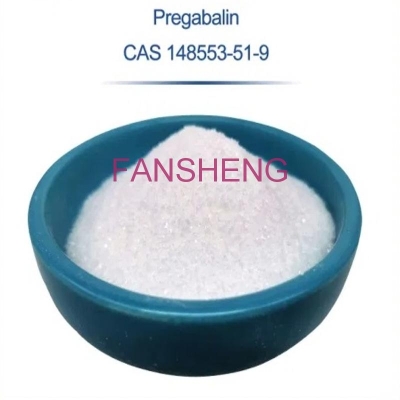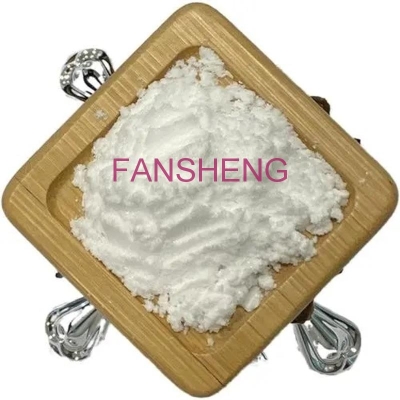-
Categories
-
Pharmaceutical Intermediates
-
Active Pharmaceutical Ingredients
-
Food Additives
- Industrial Coatings
- Agrochemicals
- Dyes and Pigments
- Surfactant
- Flavors and Fragrances
- Chemical Reagents
- Catalyst and Auxiliary
- Natural Products
- Inorganic Chemistry
-
Organic Chemistry
-
Biochemical Engineering
- Analytical Chemistry
- Cosmetic Ingredient
-
Pharmaceutical Intermediates
Promotion
ECHEMI Mall
Wholesale
Weekly Price
Exhibition
News
-
Trade Service
In current medical studies, the exact relationship between OTD and amyotrophy lateral sclerosis (ALS) is not yet fully clear.
up to 15% of ALS patients develop FTD, and the same proportion of FTD patients develop ALS.
the two diseases are similar in terms of cognitive impairment, but are more severe in FTD.
pathological changes occur in both cases.
is rare for direct comparisons between patients with alS and behavioral variant FTD (bvFTD) without ALS.
prospective comparative study aims to determine whether there are esogic differences in cognition and behavior in patients with FTD-ALS and bvFTD.
: This study included patients clinically diagnosed with bvFTD or FTD-ALS and healthy volunteers.
the Clinical Dementia Score (CDR) scale, which is modified for patients with FTD, is in the range of mild to moderate injury.
all patients meet the current diagnostic standards of bvFTD.
patients with FTD-ALS also meet the El-Escorial standard of ALS.
neuropsycological tests were conducted on bvFTD or FTD-ALS patients and health control groups, focusing on language, executive function and social cognition.
changes were measured through interviews with caregivers.
known FTD gene was screened from blood samples.
results: a total of 23 cases of bvFTD, 20 cases of FTD-ALS and 30 cases of control group.
in cognitive testing, there were significant differences between patients and the control group, confirming the sensitivity of cognitive testing to FTD.
bvFTD and FTD-ALS groups performed similarly, although ALS-FTD patients had a slightly more difficult task of sorting sentences in terms of category fluentness and evaluating grammar-generated sentences.
bvFTD showed broader behavioural changes, with more frequent inhibitions, impulses, loss of empathy and repetitive behaviour.
FTD-ALS is dominated by indifference.
C9ORF72 is associated with poor performance of language-related tasks.
: There are differences in cognition and behavior between bvFTD and FTD-ALS and C9ORF72 patients with repeated dilation.
this finding increases the possibility of bvFTD and FTD-ALS esolysed variation, which is of clinical significance for early detection of FTD-ALS and theoretical significance for the nature of the relationship between FTD and ALS.
MedSci Original Source: MedSci Original Copyright Notice: All text, images and audio and video materials on this website that state "Source: Mets Medicine" or "Source: MedSci Originals" are owned by Mets Medicine and are not authorized to be reproduced by any media, website or individual, and are authorized to be reproduced with the words "Source: Mets Medicine".
all reprinted articles on this website are for the purpose of transmitting more information and clearly indicate the source and author, and media or individuals who do not wish to be reproduced may contact us and we will delete them immediately.
at the same time reproduced content does not represent the position of this site.
leave a message here.







